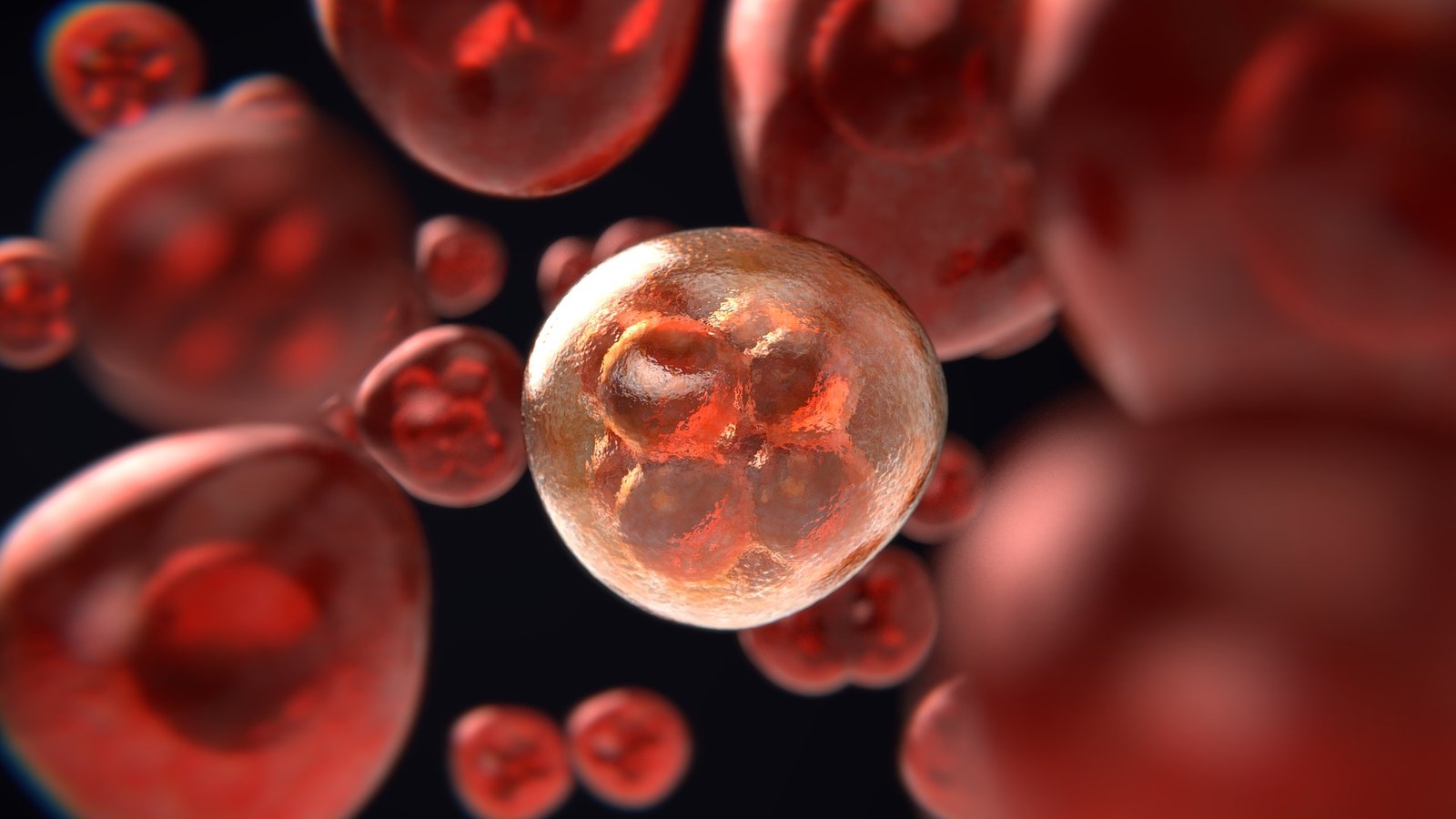
Gel was diagnosed with multiple myeloma, which is the second most common type of blood cancer. It was 12 years ago that Gel was diagnosed. Multiple myeloma is a cancer that can’t be cured and is found in the bone marrow, which is where immature cells grow into new blood cells like red blood cells, white blood cells, and platelets. Many people who have multiple myeloma have abnormal growth of plasma cells, which is a type of white blood cell that makes antibodies, which are the first line of defense against infection. In this new treatment, blood is taken from the patients. They choose their T cells, and then in the lab, they are changed through genetic engineering so they can better recognize cancer cells.
When the hospital staff came into his room with the treatment, Joan Gel can still remember that day. It was in the summer of 2020, and the hospital was under strict Covid-19 isolation rules at the time. When the re-engineered T cells came back into his body, they found the cancer cells and killed them. It doesn’t mean that the disease is gone, but it does mean that there are no signs of it.
Complete remission
Even though it is a disease that can’t be cured, complete remission has a big impact on the patient’s prognosis. After that, Fernández de Larrea says the chances of remission are “very, very low.” ARI-0002h is part of a new type of treatment called CAR-T, or chimeric antigen receptor T cells, which are made to make special receptors. When it comes to many different types of cancer, this kind of treatment has become the main hope. It ranges from certain lymphomas to leukemia.
There are two commercial treatments already on the market, made by the pharmaceutical companies Bristol Myers Squibb and Janssen. Fernández de Larrea said that his team’s option, which was made at a public hospital, would be much cheaper. Prices for this kind of surgery are often in the range of about $350,000 per patient. They came up with another CAR-T treatment for that type of leukemia, and they called it ARI-0001. New CAR-T treatment for multiple myeloma developed by researchers in Barcelona was shown on Friday of last week. It has shown “spectacular” results, says the director general of the Clnic Hospital in Barcelona.
There were also 60 percent of patients who went into remission, and 75 percent of them didn’t get sick again for a year later. The 30 people who took part in the study had multiple myeloma that didn’t respond well to regular treatment. Joan Gel says that he wouldn’t be here if the hospital hadn’t worked hard to come up with an alternative. Cancer researchers in Spain have given the project a lot of praise for what it has done.
Compared to other CAR-T therapies being developed by the pharmaceutical industry, this is an academic and local development of therapies that are very expensive and difficult to make.



